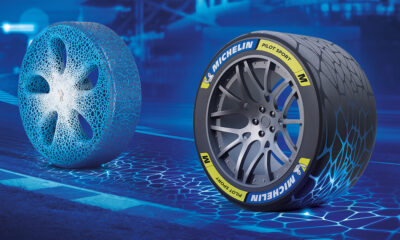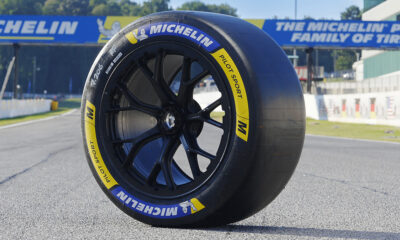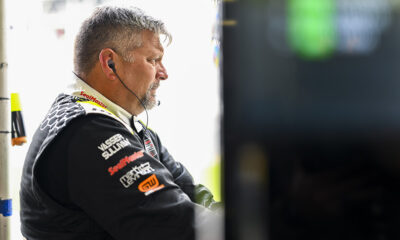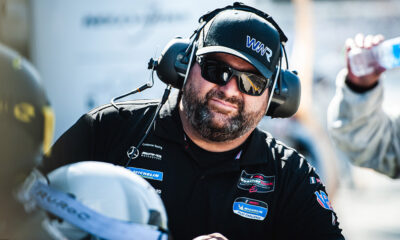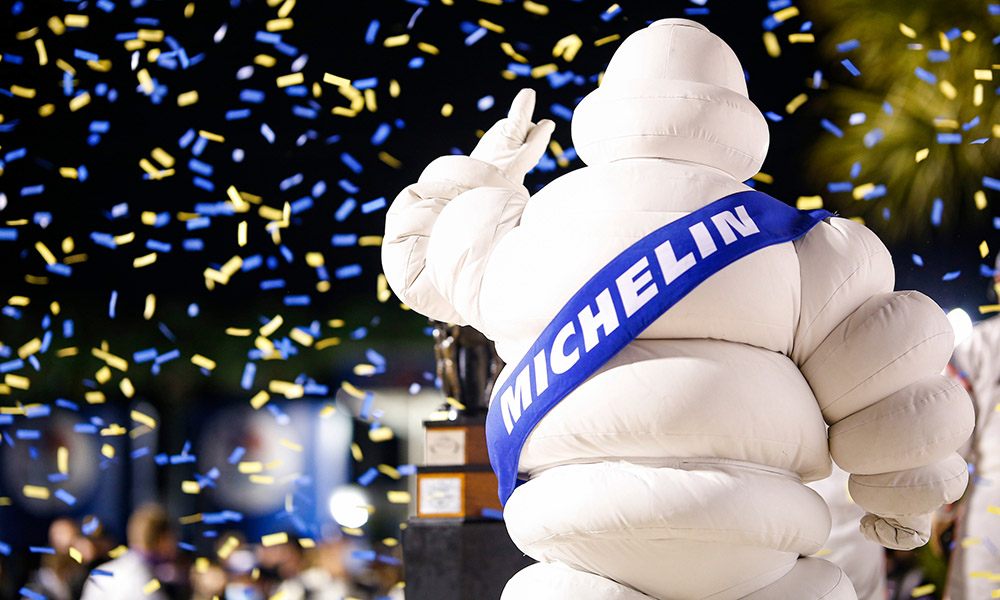
Photo: Jake Galstad/IMSA
The most striking features of international sports car racing include the wide variety of manufacturers, chassis and engines, as well as the styles, personalities, and languages that fill the ‘Super Sebring’ paddock.
Sebring International Raceway has its own proud history, traditions, legendary fans, and wide recognition as one of the premier venues in motorsports.
Adding to that are the cars, teams, and drivers who represent equally diverse team cultures in their designs and technical choices, as well as their support materials, uniforms, menus, and communications.
Culture Wins
Asked about the importance of culture in developing a winning team, IMSA Michelin Pilot TCR champion team owner Bryan Herta says, “It’s not the most important thing, unless you don’t have it.
“I’ve been lucky to be around some really successful teams in different categories throughout the years and the one thing they have in common is the cultures are different, but they have a commonality.
“They have an expectation of success and that they support and work well together as a group to support each other to achieve that success.
“Over time, as a team evolves, the culture evolves and now it is almost on autopilot.”
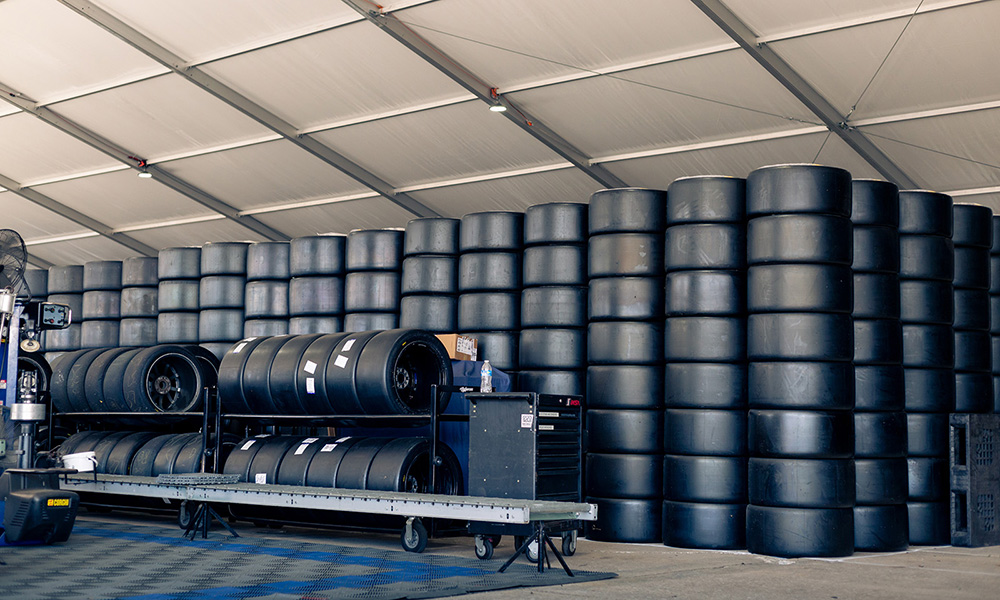
Photo: Jonathan Grace
A Winning Culture
Some of the most successful companies and teams have identities and cultures developed over decades.
One of the most successful cultures belongs to Michelin, which will be supporting a total of 189 cars entered here in the WeatherTech Championship (54), Michelin Pilot Challenge (42), Porsche Deluxe Carrera Cup North America (41), VP Racing SportsCar Challenge (27) and FIA World Endurance Championship (25), making 2023 Super Sebring the largest event in Michelin motorsports history.
Founded in 1889 by Edouard Michelin, an artist, and Andre’ Michelin, an engineer, the company has always looked to its creativity and technical innovations to serve mobility needs, including in motorsports, where the French company has taken the overall victory in the last 25 consecutive editions of the 24 Hours of Le Mans.
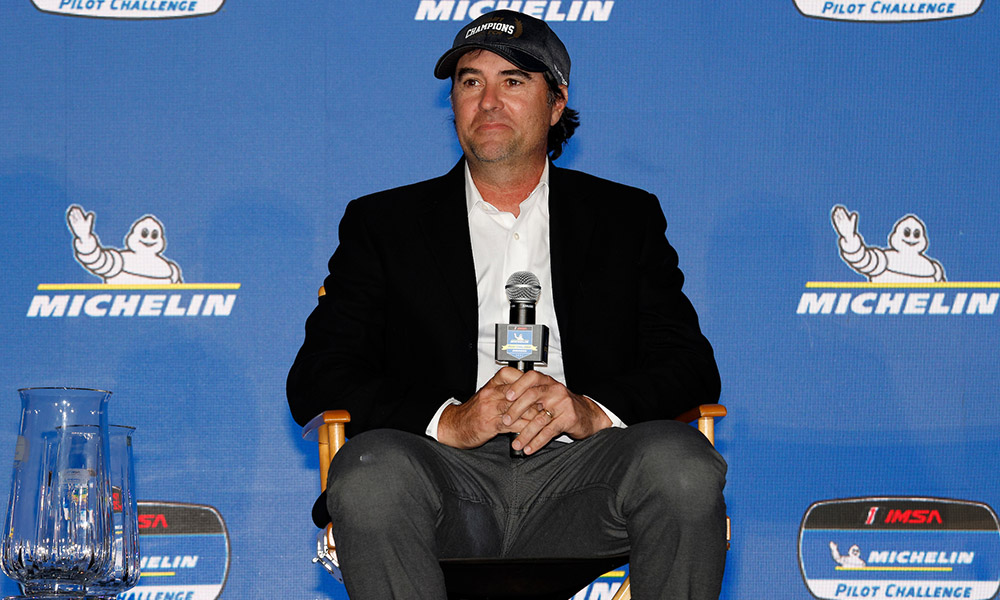
Photo: Mike Levitt/IMSA
Winning People
Ultimately the cultures are reflected in their people
“You have this core group of really good, strong people,” said Herta. “People who can’t fit into that or won’t buy into it automatically just get kicked back out the other side.
“Now, we’ve got our own culture and our own sense of team and people that join us have to buy into that or want to be part of that, or it just won’t work for them or for us.
“The Corvette program embodied that for years and years and years. It was intentional. Chemistry doesn’t just happen.”
And in the giant 23,000 square-foot Michelin tire workshop tent, with thousands of race tires, scores of engineers and tire support staff, the chemistry, values, and Michelin commitment to the manufacturers, teams, drivers, and fans will be on full display.



















